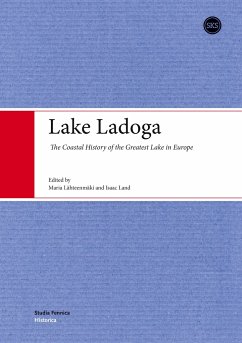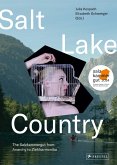This multidisciplinary volume offers a spectacular view and the first overall presentation of the history of Lake Ladoga, of the greatest lake in Europe. The focus of the study is on the northern parts of the shores of the lake, which belonged to Finland¿s rule between 1812 and 1944. Adopting the lens of coastal history, the edited volume presents the development of the vast Great Lake's catchment area over a long-time span, from archaeological traces to Viking routes and from fishery huts to the luxury villas of the power elite. It reflects on people¿s sensory-historical relationships with aquatic nature, and considers the benefits and harms of power plants and factories to human communities and the environment. The authors from different universities explore a wide range of questions, including: What has the Great Lake meant to local residents in cultural and emotional terms? How should we conceptualize the extensive and diverse networks of activities that surrounded the lake? What kind of Ladoga beaches did the Finns have to cede to the Soviet Union at the end of the war in 1944? How have Finns reminisced about their lost homelands? How have the Russians transformed the profile of the region, and what is the state of Ladoga's waters today? The history of Lake Ladoga helps readers to understand better the economic, political, and socio-cultural characteristics of the cross-border areas, and the dynamics of the vulnerable border regions.
Hinweis: Dieser Artikel kann nur an eine deutsche Lieferadresse ausgeliefert werden.
Hinweis: Dieser Artikel kann nur an eine deutsche Lieferadresse ausgeliefert werden.








